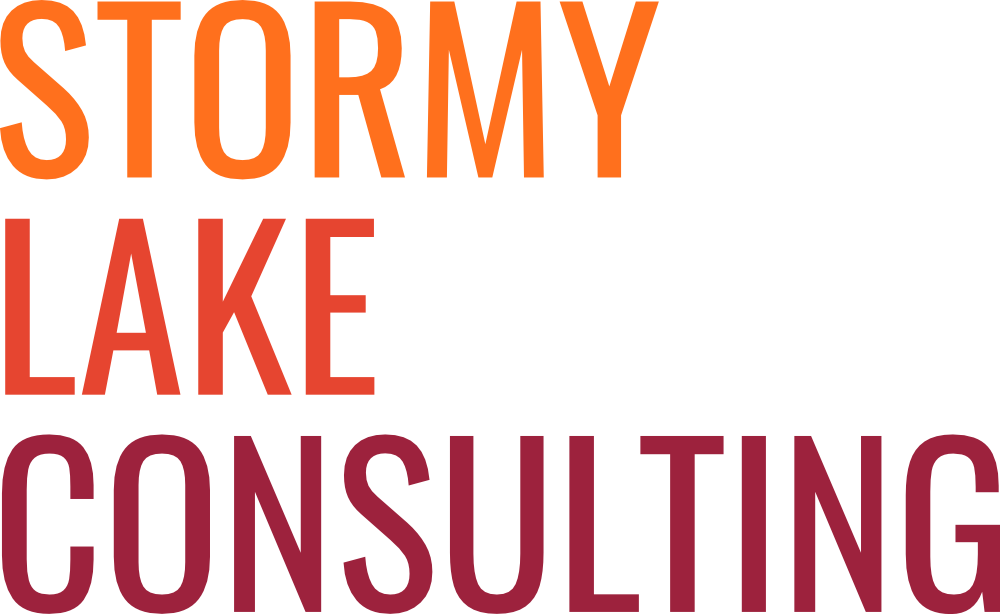The Weekly Resolution Update
Life would be better if an Argentinian soccer commentator was always there to announce our successes.
“GOOOOOOOOOOOOOOOOOOAAAAAAAAAAAAL” Andrés would shout.
“Wow,” the neighbours would say, “Tim must have completely emptied his inbox again.”
“GOGOGOGOGOGOOOOOAAAAAAAAL” Andrés would repeat.
“Great honey”, our spouse would say. “So glad you sent off the Bernthal report ahead of schedule.”
And we would just smile, content. Perhaps briefly pausing to celebrate our own neighbour across the street finally getting the perfect consistency to their macarons - “GOAL GOAL GOOOOOAL.”
Without our own personal Andrés to encourage us, we’re left to look for other means to help us reach our goals. And boy do we need the help. A study by researchers at the University of Scranton found that by this time of year, mid-January, about half of us have already failed our New Years resolutions. Only 19% kept to their resolutions for the full two-year duration of the study. Fans of NBC’s The Office may wonder how the cast and crew fared in this study. That’s a silly question of course – the study took place in Scranton, PA and The Office is filmed in Los Angeles, CA.
Successful participants in the Scranton study self-reported higher willpower than participants who failed to meet their goal. Rather than advising you to just have more willpower – which is about as useful as recommending you hire that soccer commentator – we've got some tips to help you reach your goals.
Perfection is the enemy of good enough.
In that same Scranton study, participants who ultimately met their goal had an average of 14 slip ups over the two-year study. Avoid the What-The-Hell Effect and accept that the extra cookie you snatched isn’t ideal, but it also doesn’t mean you have failed the diet anyway-so-might-as-well-crunch-munch-num-yum-yum.
Focus on the fix, not the fantasy.
The Motivation Lab at New York University found that fantasies about the future predict poor achievement of goals. Spending time fantasizing about a goal makes the goal seem closer and reduce the dreamer’s motivation to put in work. As the authors, quite poetically, wrote:
“Instead of promoting achievement, positive fantasies will sap job-seekers of the energy to pound the pavement, and drain the lovelorn of the energy to approach the one they like.”
The authors recommend pairing fantasies with thoughts of the obstacles, problems and setbacks that may need to be overcome.
Clarity and Challenge.
Goals should be clearly defined and hit a sweet spot of being challenging enough not to be trivial, but not so challenging as to be unachievable. The clarity of the objective and the matching of skill to challenge are a good part of why we find games against similarly talented opponents so satisfying. Which brings us back to...
GOOOOOOOOOOOOOAAAAAAAAAAAAAL!
Thanks Andrés, I thought this was a great letter too.



